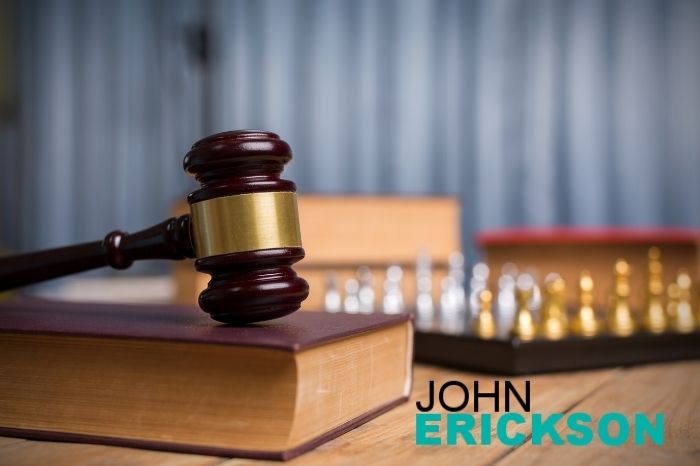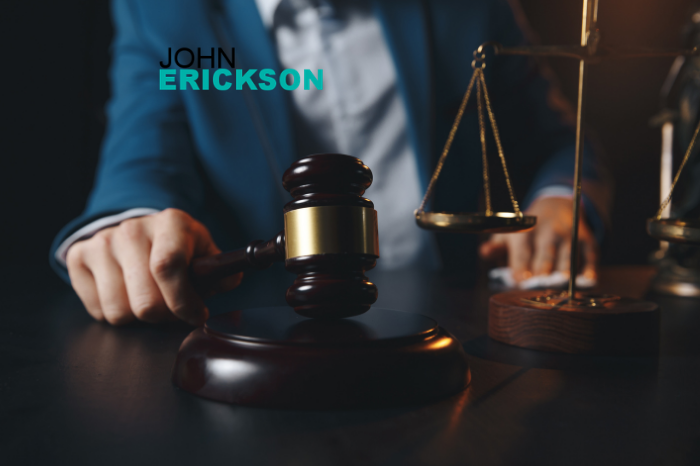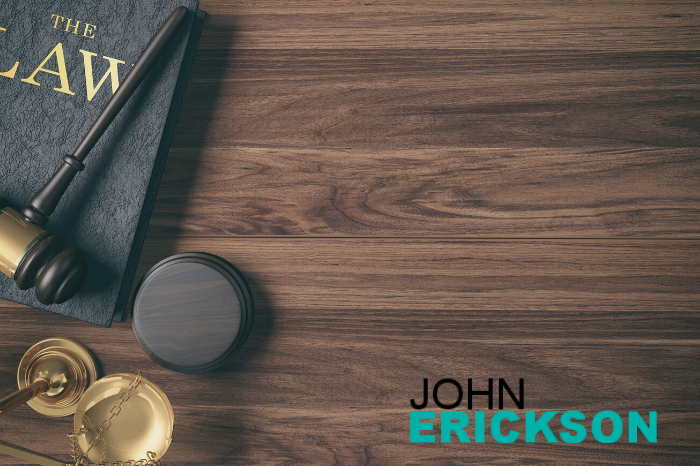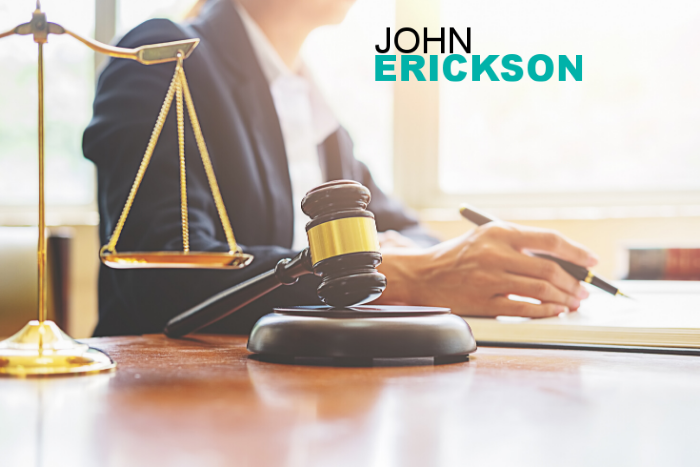Understanding Impaired Driving Charges in Ontario | Drinking and Driving Lawyer Toronto
Erickson Law legal associates will handle your Impaired Driving charges with professionalism and attention to detail. We have developed a strong focus on defending cases against impaired driving, serving clients in Southern Ontario and the GTA.
Our skilled impaired driving lawyers in Toronto will carefully assess your individual impaired driving charge and work tirelessly to ensure a fair outcome.
Our experienced legal counsel will provide you with in-depth knowledge of drinking and driving matters. Erickson Law will advise you on further procedures that are best suited for your specific circumstances.
What are the Grounds for Being Charged a DUI?
If you have been charged with a DUI offence, you have violated one of the two grounds under the Canadian Criminal Code:
Section 320.14 (1) Everyone commits an offence who
- Operates a conveyance while the person’s ability to operate it is impaired to any degree by alcohol or a drug or by a combination of alcohol and drugs;
-or-
- Subject to subsection (5), has, within two hours after ceasing to operate a conveyance, a blood alcohol concentration that is equal to or exceeds 80 mg of alcohol in 100 mL of blood;
Individuals found guilty of impaired driving in Ontario will automatically be charged a $1000.00 fine and a minimum of a 1-year driving prohibition.
How Do I Beat an Impaired Driving Charge in Ontario?
There are viable defences to drinking and driving charges. You can challenge allegations though a variety of disposals including:
⚫ Challenging the police officer’s reasons for obtaining an initial breath sample
⚫ Challenging technical aspects of the breath testing procedure at the time of the allegation
⚫ Exclusion of evidence by the arresting officer, violating your Charter of Rights
⚫ Arresting officer failing to follow proper procedures
⚫ Prosecutor failing to follow proper procedures before or at the time of trial
Our drinking and driving lawyers in Toronto will evaluate every single piece of evidence and cross-examine officers to reveal flaws, giving you a higher chance of being acquitted.
How Long Does Impaired Driving Stay on Record in Ontario?
A DUI or impaired driving conviction comes off your driving record after 3 years. Depending on the severity and circumstance of your conviction, a DUI charge can stay on your criminal record permanently if convicted in court.
If you have not committed further offences and meet eligibility requirements, you may apply for a record suspension. A record suspension entails that your record will not be visible to employers and landlords, giving you a fair shot at potential employment opportunities.
Should I Plead ‘Not Guilty’ to a DUI Charge?
In sum, yes. You should plead ‘Not Guilty’ to your DUI charge as it can further complicate your circumstances. If you please ‘Guilty’ your impaired driving lawyer will have to undo the damage caused by a misguided guilty plea.
Contrary to popular belief, you do not have to prove anything to win your case. The prosecutor must prove that you are guilty beyond a reasonable doubt. If a flaw in their process is discovered, you may be found not guilty.
Before you make an irreversible decision, it is best to speak to your lawyer to become fully aware of all your legal options and obligations.
Enlisting the Legal Help of Our Impaired Driving Lawyers in Toronto
Being charged with a DUI can feel overwhelming. It is important to act quickly to ensure the best possible outcome for your case by enlisting the help of Erickson Law’s legal counsel.
Erickson Law determines the most effective and prudent approach to defending you against impaired driving charges. Consult us by setting up a meeting with one of our criminal defence lawyers to help you review your case rapidly.
We are available 24/7 at info@ericksonlaw.ca






